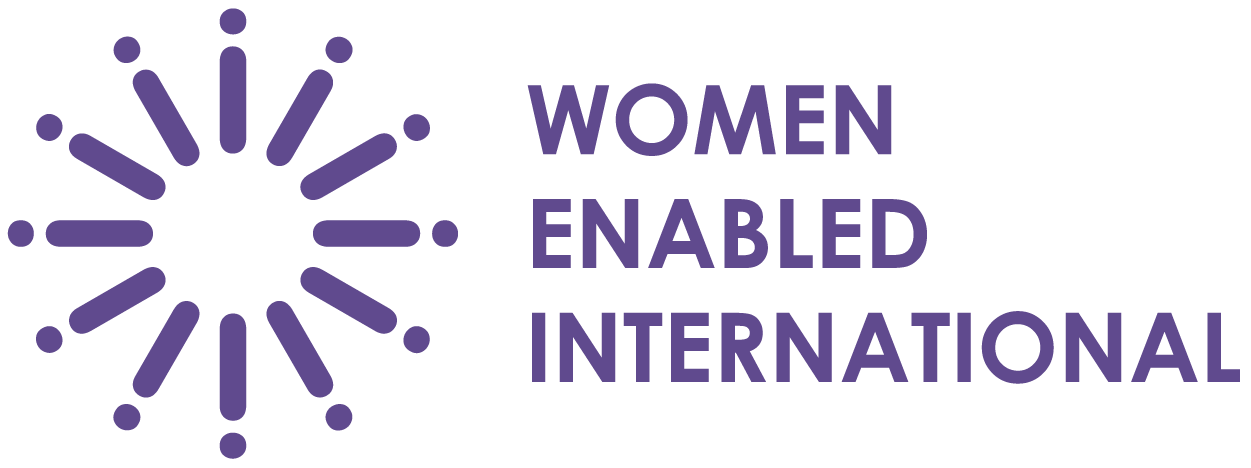Comments on the Draft general recommendation No 40. on the equal and inclusive representation of women in decision-making systems
Women Enabled International (WEI) along with the Inclusive Generation Equality Collective (IGEC) appreciate the opportunity to provide comments of the draft General Recommendation No. 40 on ‘Equal and Inclusive Representation of Women in Decision-Making Systems’
At the onset WEI and the IGEC extend its appreciation to the CEDAW Committee for the commendable draft of the General Recommendation No. 40 (GR40). GR40 will be a valuable tool to guide States towards equality in decision-making spaces inclusive of the intersection of gender and disability and for women, girls and gender-diverse people with disabilities to hold their governments and policy makers accountable towards disability inclusion.
As the Committee might be aware, women, girls and gender diverse people with disabilities face a plethora of barriers when exercising their human rights due to intersectional and multiple discrimination, structural inequalities, and marginalization,[i] including their right to participation in political and public life. The barriers they face are related to accessibility, poverty, restrictions on legal capacity, lack of political education, and inadequate assistive technology,[ii] among others. These barriers reduce their likelihood of effectively participating in decision-making systems.
As a result, women, girls and gender-diverse people with disabilities are disproportionately underrepresented in decision-making systems, which leads to the silencing of their voices in the public sphere.[iii] Many of the barriers they face are common to all women, while others are particular to those with disabilities, and are based on the intersectional and multiple discrimination they face, which is often not separable. In addition, the lack of data on the political participation of women and gender minorities with disabilities prevents the possibility of using data to formulate and implement policies to increase their participation.
In this regard, States need to take certain additional permanent measures to ensure an environment where women, girls and gender-diverse people with disabilities are able to participate in decision-making in a manner equivalent to their non-disabled counter parts.
For this submission, there are two primary issues—accessibility and legal capacity—that disproportionately impact equality in decision-making systems for women, girls, and gender diverse people with disabilities and that we would recommend the CEDAW Committee take up in more detail in the GR40. We have outlined detailed recommendations, as well as some rationale for these recommendations, below.
Downloads
PDF format downloads
- No files found
PDF format downloads
- No files found
DOC format downloads
- No files found
PDF format downloads
- No files found
DOC format downloads
- No files found
PDF format downloads
- No files found
DOC format downloads
- No files found
PDF format downloads
- No files found
PDF format downloads
- No files found
DOC format downloads
- No files found
PDF format downloads
- No files found
DOC format downloads
- No files found
PDF format downloads
- No files found
DOC format downloads
- No files found
